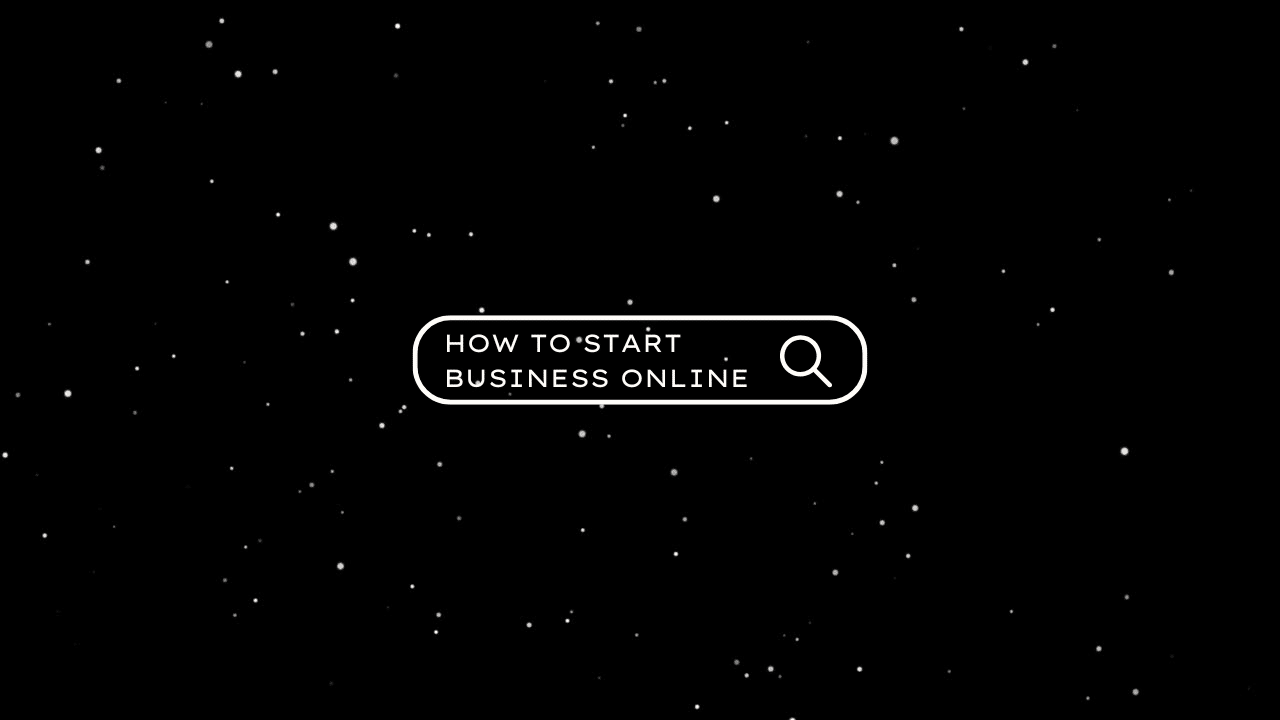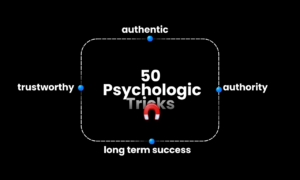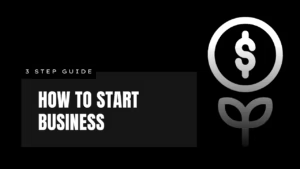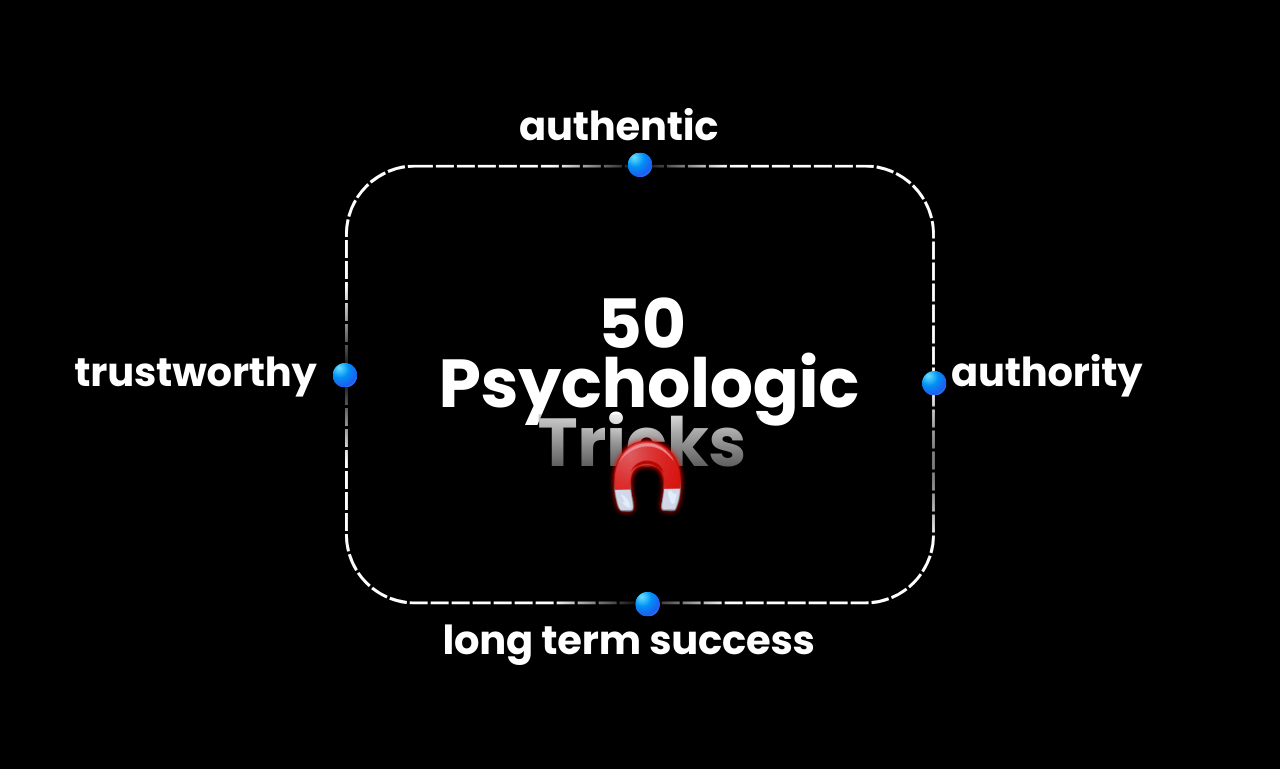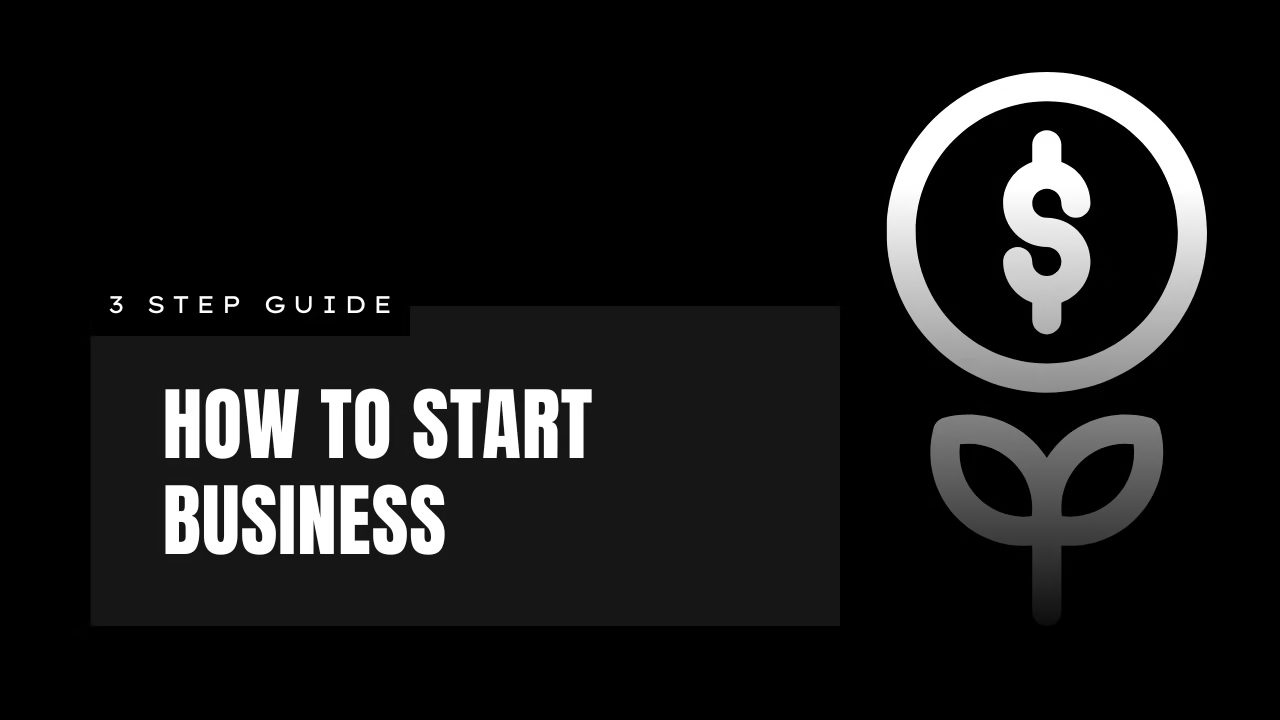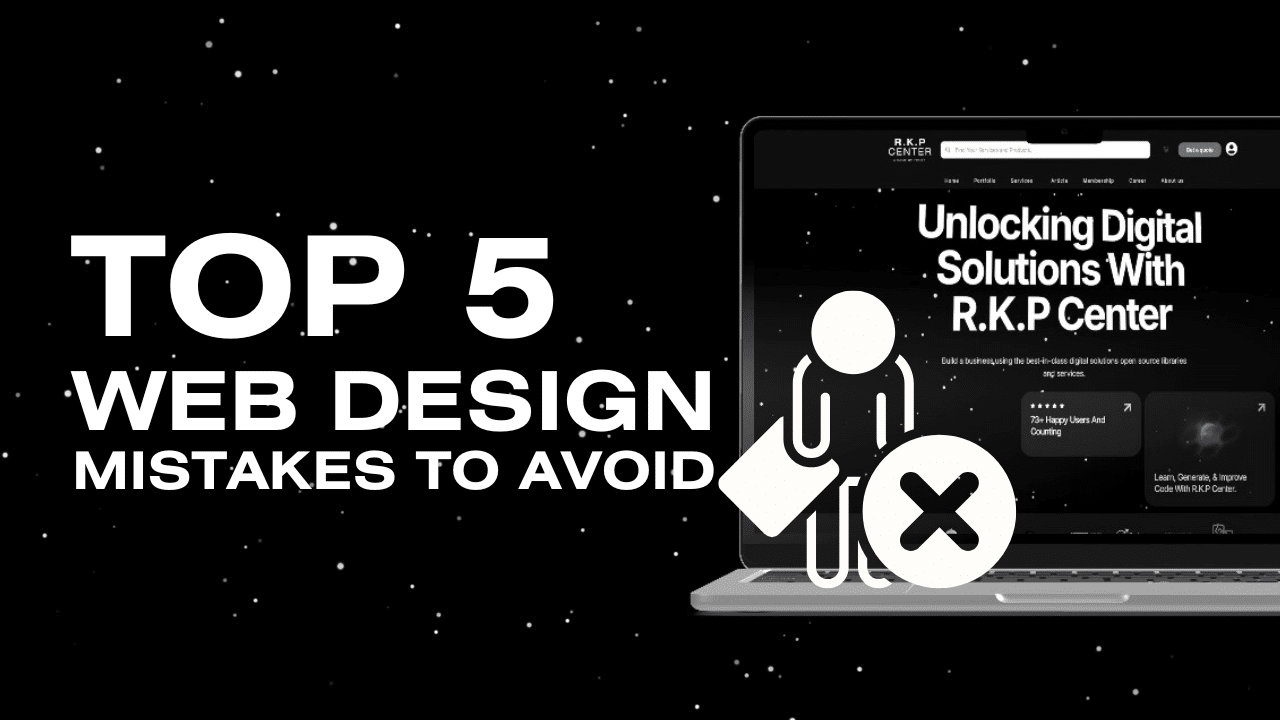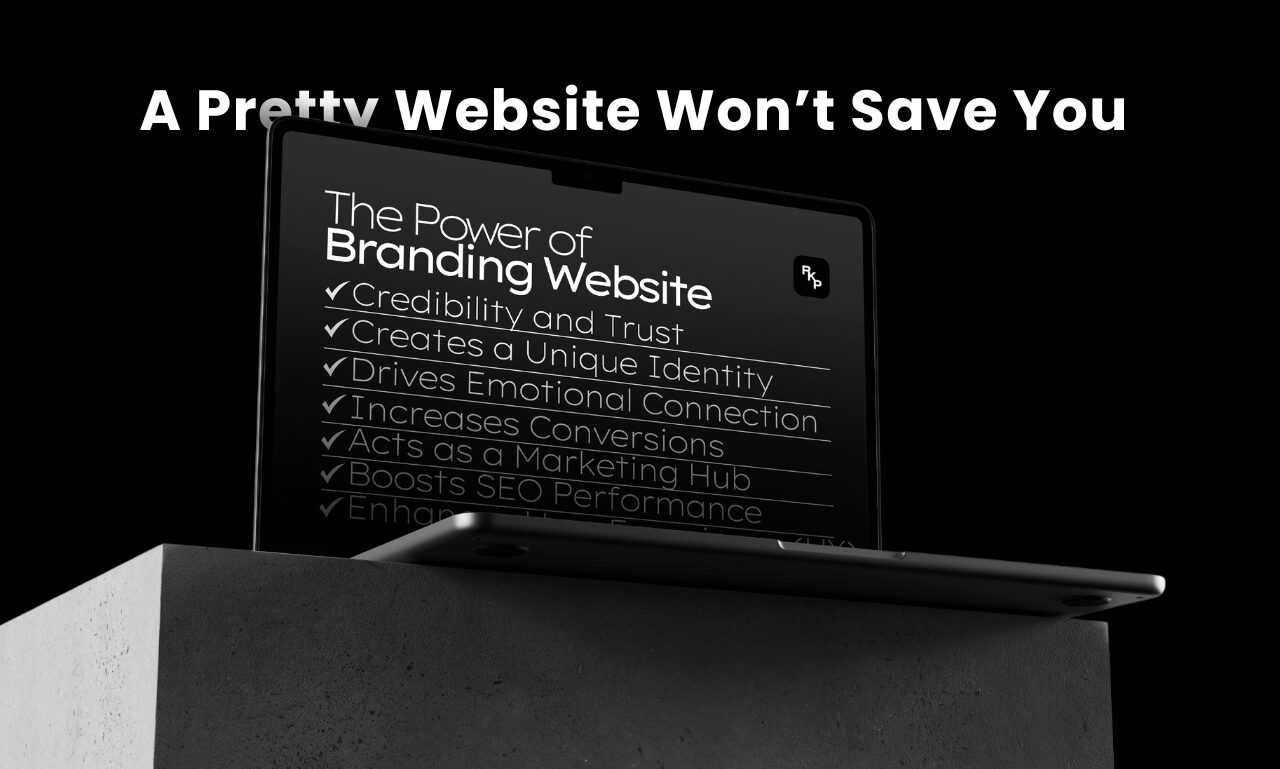Starting an online business has never been more accessible, thanks to the wealth of resources and platforms available today. Here’s a step-by-step guide to help you launch your business successfully.
1. Choose Your Niche
First, define what you want to sell and to whom. Pick a niche that aligns with your passions and expertise while researching demand to ensure a viable market for your product or service. Check online marketplaces like eBay, Amazon, and niche-specific forums to see what’s currently trending.
Related: How to Start an Online Business: A Beginner’s Guide
2. Conduct Market Research
Analyze competitors, identify your target audience, and understand their preferences. Use tools like Google Trends, Ahrefs, and SEMrush to gather data. Knowing what’s already working in your niche will help you craft a unique selling proposition (USP) that makes your business stand out.
Related: The Science Behind High-Converting Landing Pages
3. Set Up Your Online Store or Website
To establish an online presence, create a professional website or online store. Platforms like Shopify or WordPress with WooCommerce make it easy for beginners to set up e-commerce stores without coding knowledge. Ensure your website is mobile-friendly, secure, and optimized for a smooth user experience.
Related: Custom vs. Template Website: Which is Right for You?
4. Create a Brand Identity
Develop a logo, brand colors, and messaging that represent your business’s values. Branding is essential for building trust with your customers and making your business memorable. You can hire professional designers or use online tools like Canva to create logos and graphics. If you need help with branding, R.K.P Center offers personalized services to establish a cohesive and attractive brand identity.
Related: How to Build a Memorable Brand
5. Market Your Business
Utilize digital marketing channels to reach your audience. Consider social media marketing, email marketing, and search engine optimization (SEO) to attract traffic. You can also explore Google Ads and Facebook Ads to promote your products or services and increase visibility quickly.
Related: How to 10x Your Website Traffic in 30 Days
6. Optimize for SEO
SEO can make a big difference in driving organic traffic to your website. Use keyword research tools like Ubersuggest to identify search terms related to your niche. Implement these keywords into your product descriptions, blog content, and page titles for better search engine rankings.
Related: How to Use A/B Testing to Boost Website Conversions
7. Analyze and Improve
Once your business is up and running, track your performance using tools like Google Analytics and customer feedback. Regularly review your sales, website traffic, and marketing strategies, and be willing to adjust your approach based on data insights.
Related: The Power of Storytelling in Website Design
Conclusion
Starting an online business takes dedication and strategic planning, but with the right approach, you can build a brand that resonates with your audience and grows over time. Ready to bring your business idea to life? Get a quote from R.K.P Center to access professional support and make your online business a success!

